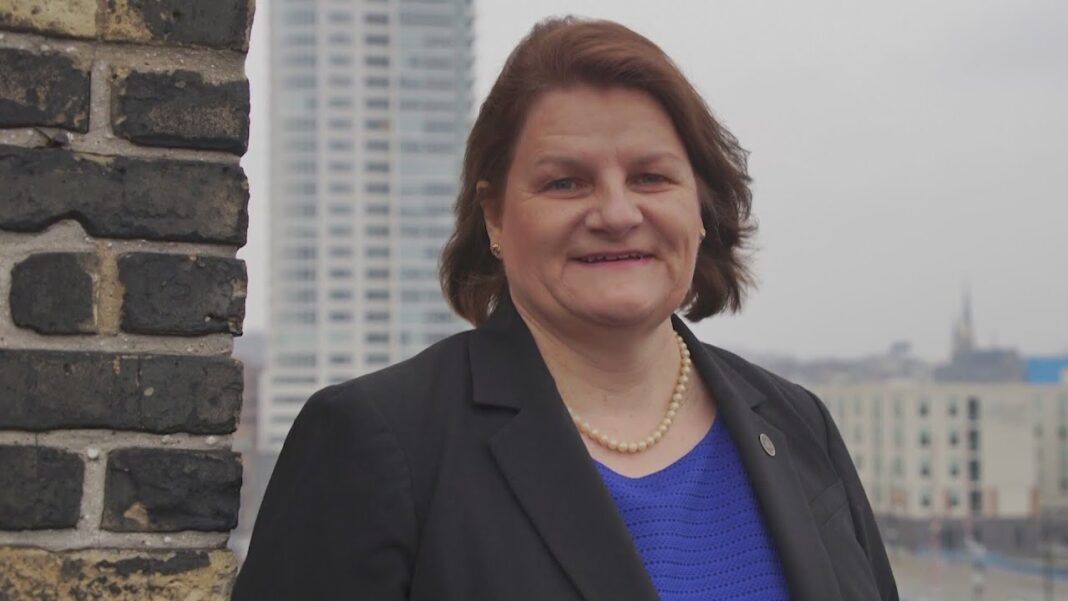The president said that the blue slip tradition infringes on his executive authority.
President Donald Trump has called for an end to the Senate tradition known as the “blue slip,” despite resistance from Senate Judiciary Committee Chairman Chuck Grassley (R-Iowa).
The blue slip is a tradition that allows senators from the state in which a judicial nominee has been selected to approve or block the nomination.
For example, a nominee for a Pennsylvania federal court would need to obtain the blue slip approval from Pennsylvania’s two senators, John Fetterman (D-Pa.) and Dave McCormick (R-Pa.).
Trump said on Aug. 25 that blue slips “make it impossible for me as president to appoint a judge or a U.S. attorney.”
Article II of the Constitution requires the Senate to provide “advice and consent” for executive nominees, but blue slips are a relatively recent innovation, though one that may be difficult to dislodge in the collegiality-based Senate.
Here’s what to know about the blue slip and Trump’s objection to it.
Trump’s Opposition to Blue Slip
The issue came to the forefront after Trump’s nomination of Alina Habba to serve as U.S. attorney in New Jersey was blocked by the state’s U.S. senators, Cory Booker and Andy Kim, both Democrats.
Habba has also opposes the blue slip tradition.
During an interview on Fox Business’ “Sunday Morning Futures,” Habba said the tradition “effectively prevents anybody in a blue state from going through into Senate to then be voted on.”
Senate Minority Leader Chuck Schumer (D-N.Y.) has also said he will not return his blue slip for U.S. attorney nominees for his state.
“I have a Constitutional Right to appoint Judges and U.S. Attorneys, but that RIGHT has been completely taken away from me in States that have just one Democrat United States Senator,” Trump said in an Aug. 24 post on Truth Social.
Trump named Habba to the role in an acting capacity while her nomination was pending before the Senate. In July, judges ruled that Habba couldn’t continue to serve in her acting role until the Senate approved her nomination.
A court-ordered replacement was immediately fired by the administration. Attorney General Pam Bondi named Habba first assistant and, therefore, the acting U.S. attorney.
By Jackson Richman and Joseph Lord







